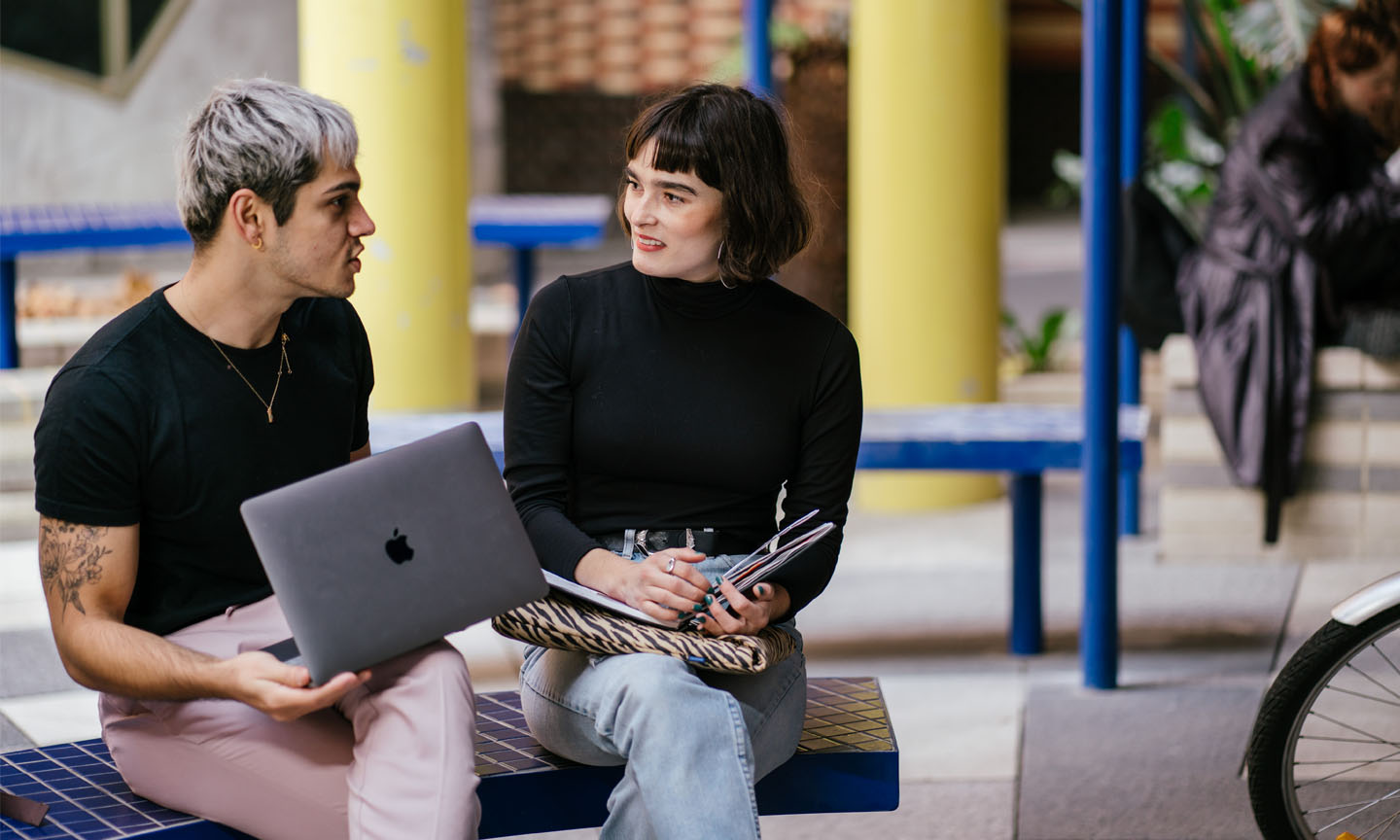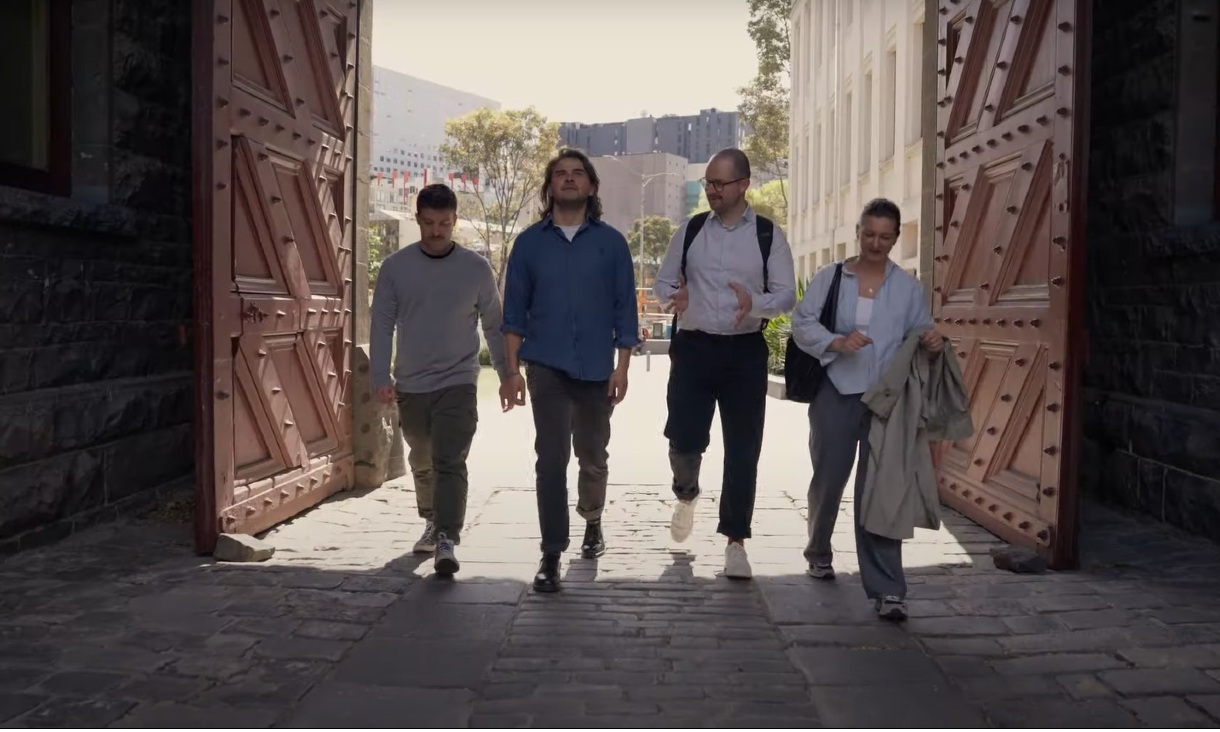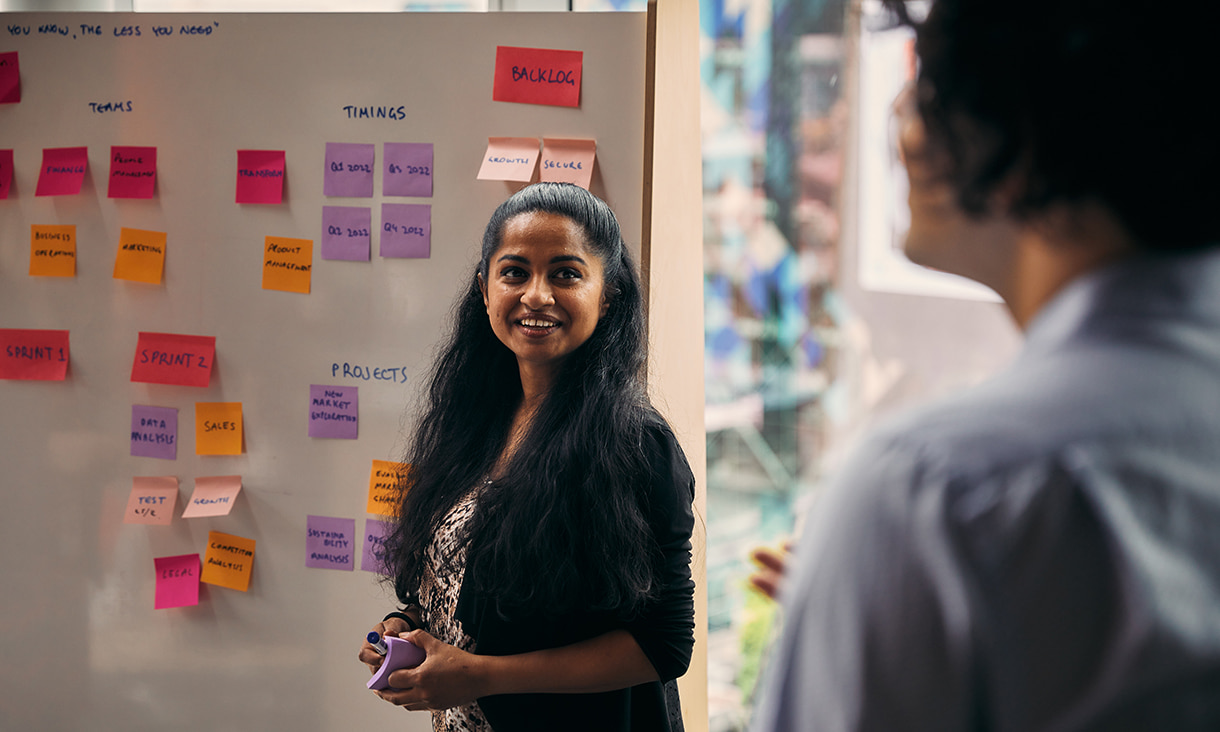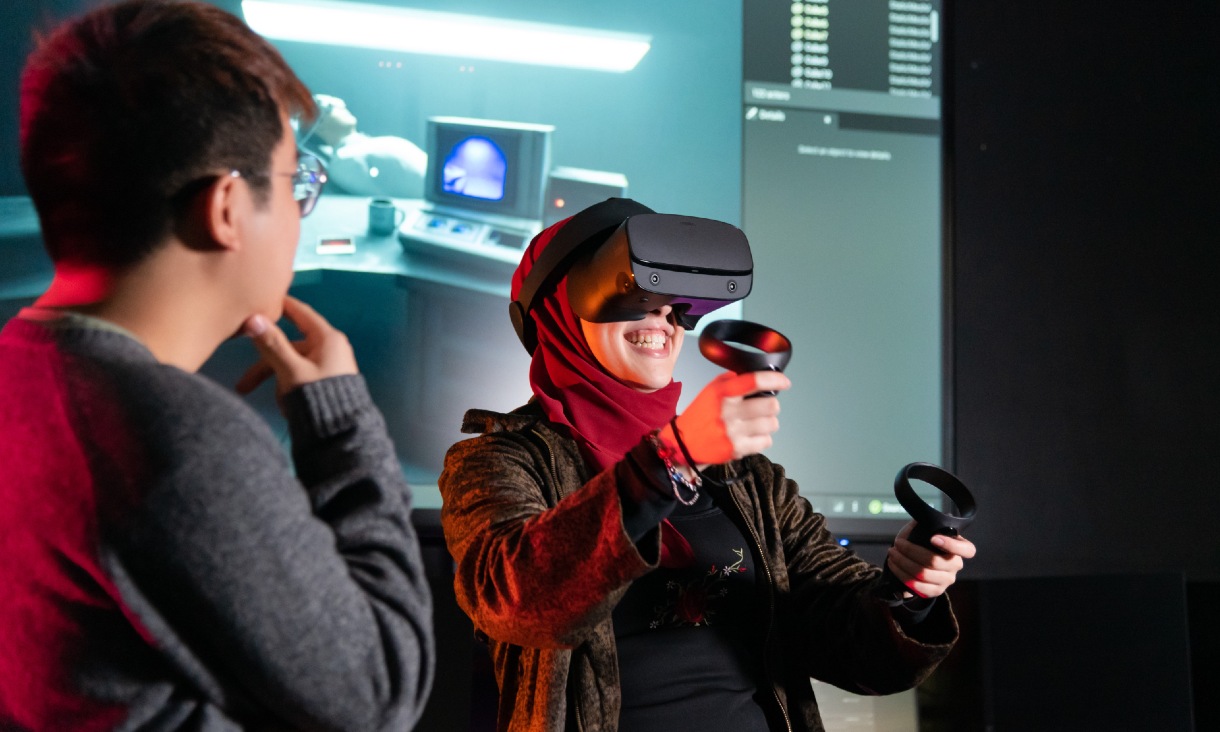Seven soft skills you need on your résumé
Including examples of soft skills in your résumé is one of the most effective ways to stand out to employers, but which skills are most in demand?
What does hands-on learning look like at RMIT?
Ever wondered what hands-on learning looks like in your dream course? Practical learning is more than just work experience – discover what hands-on learning means at RMIT.
How to finance postgraduate study
From CSPs to FEE-HELP, RMIT can help you finance your postgraduate study so you can put the focus back on your career.








